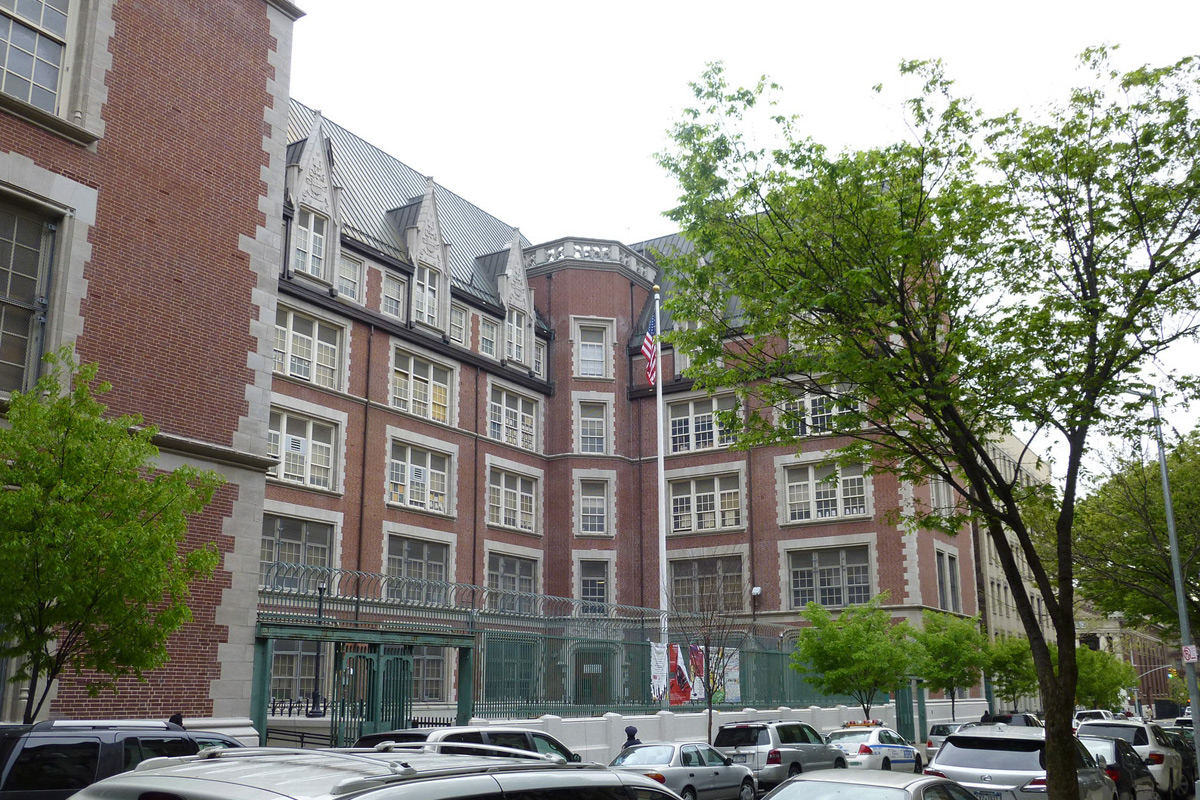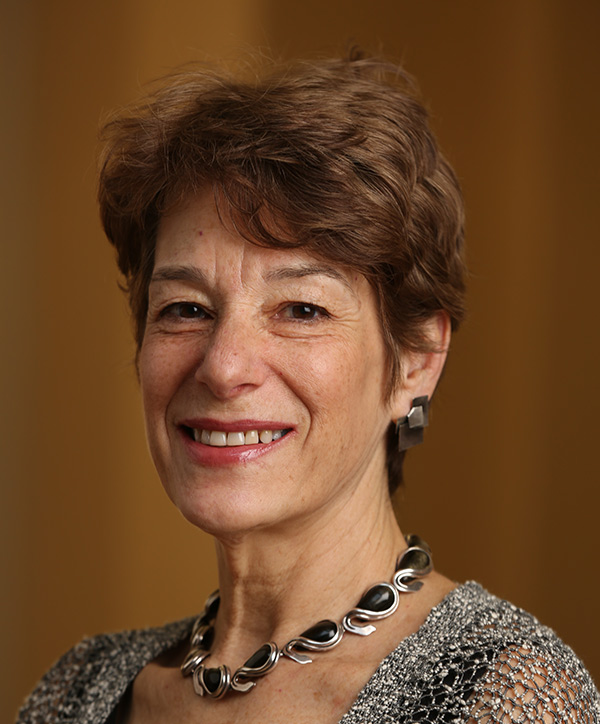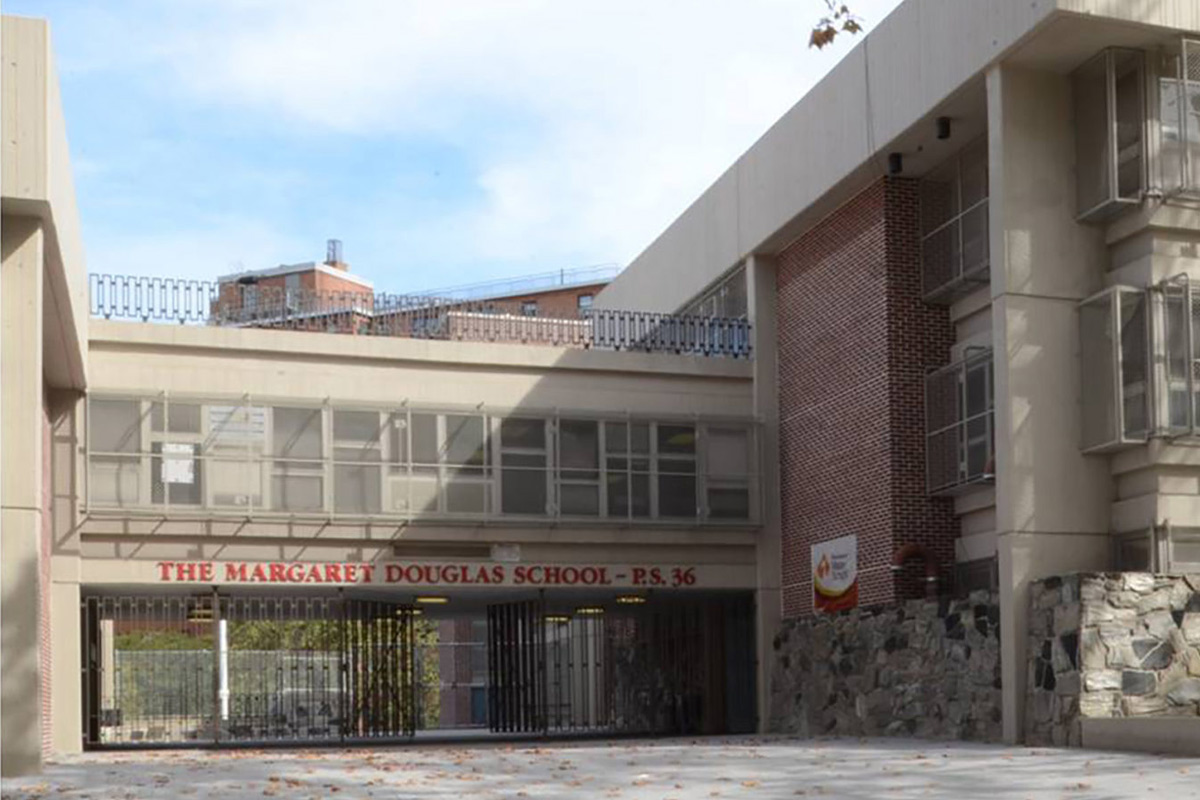Teachers College has received a five-year $2.5 million Full Service Community Schools grant from the U.S. Department of Education to expand support for two local public schools in its REACH (Raising Educational Achievement Coalition of Harlem) program.
Through REACH, the College helps neighborhood Title I schools (those with large concentrations of low income students) increase early childhood school readiness, offer expanded learning opportunities, improve students’ physical and mental health, bolster family support and engagement, and strengthen school leadership. To that end, REACH employs a university-assisted community school model, providing an array of academic and “wrap-around” services it considers essential to the success of children and families. REACH collaborates with a number of TC faculty members and students to design and deliver programming services to partner schools, and has established partnerships with Columbia's schools of engineering, social work, medicine and dentistry to further support this work.

STAYING THE COURSE TC’s REACH partnership has boosted graduate rates in schools such as Frederick Douglas Academy II. (Photo: Catherine Hogg)
At the two schools targeted by the new grant – P.S. 36 (Margaret Douglas), which serves grades 3K through 5, and Frederick Douglass Academy II, which serves grades 6 through 12 – funding will be used to create afterschool clubs in STEM, literacy, the arts, service learning and wellness; enhanced academic offerings that provide opportunities for critical thinking or diverse learning opportunities; tutoring programs for students that can be adapted for those who are English language learners or have special needs; and professional development to build the capacity of school staff.
“REACH builds on a century of TC’s engagement in the local community, beginning with our founding in 1902 of the Speyer School, which was one of the first school to adopt a community school approach to providing supports for youth and families’ learning, physical health and wellbeing,” says Nancy Streim, Associate Vice President for School & Community Partnerships, whose office administers the grant. “As an anchor institution in this part of New York City, we feel that the REACH program is a basic part of our obligation to the community in which we live and work. And at a time when the federal government appears to be cutting back on funding for education initiatives, we’re honored to have been selected for this grant. Only eight institutions received grants out of 121 that applied, so this feels like an acknowledgement of the good work we’re doing.” Implementation of the grant will be managed by REACH Director Catherine Hogg. "This grant will allow us to continue the important work of connecting students and families in the Harlem community with resources for personal growth and empowerment, and ensuring students have high-quality opportunities to develop social/emotional skills and reach their academic potential," Hogg says.
At a time when the federal government appears to be cutting back on funding for education initiatives, we’re honored to have been selected for this grant. Only eight institutions received grants out of 121 that applied, so this feels like an acknowledgement of the good work we’re doing.
—Nancy Streim
Since its creation in 2011, REACH has worked with eight schools, attracting more than $8 million in public and private funding, and currently serves more than 1,500 children and families. “A major part of REACH’s focus has been to build capacity,” says Streim. For example, last year, 34 teachers and school administrators participated in regular professional development workshops, onside coaching planning retreats and summer institutes sponsored by TC, while more than 600 students in grades pre-K through 12 participated in expanded learning opportunities in science, engineering, robotics, math, chess, photography, filmmaking, dance, choir and debate offered by TC students and community-based agencies. REACH also coordinated school-based vision screenings for nearly 1,200 students with almost 300 receiving glasses, and approximately 220 school-based dental screenings. Nearly 200 students received school- and/or community-based mental health therapeutic services through referrals to REACH partner agencies.

STEADY SUPPORT Streim has led TC in securing more than $8 million in funding for REACH schools. (Photo: Bruce Gilbert)
The academic payoff for these efforts has been clear. Before their engagement with REACH, partner schools had between 1 percent and 12 percent of students scoring at proficiency levels on the New York State English Language Arts (ELA) exam, compared with 26 percent citywide, and chronic absentee rates nearly double the citywide average. These schools now have ELA proficiency rates that, in some cases, surpass the New York City average. A recent study led by TC alumnus Robert Shand (Ph.D. ’16), now Assistant Professor in the School of Education at American University, corroborates those findings and shows that participating in REACH is also associated with significant increases in school attendance in elementary in middle schools, and in high school graduation rates.
“The university-assisted community school model is really TC’s niche,” says Streim. “We have substantial expertise in-house, but we can also draw upon and coordinate the expertise of the other Columbia schools, as well as that of many community organizations.”
Teachers College is working with three other partner organizations at PS 36 and Frederick Douglas Academy II: the Harlem Dowling West Side Center for Children & Family Services, the Children’s Health Fund, and the New York Foundling. Yet TC’s Office of School and Community Partnerships serves as the coordinating hub.
“The university-assisted community school model is really TC’s niche,” says Streim. “We have substantial expertise in-house, but we can also draw upon and coordinate the expertise of the other Columbia schools, as well as that of many community organizations. And of course, we benefit as well. Our professors and graduate students get experience in urban schools, and they bring that perspective back to their policy work and teaching programs here.”
